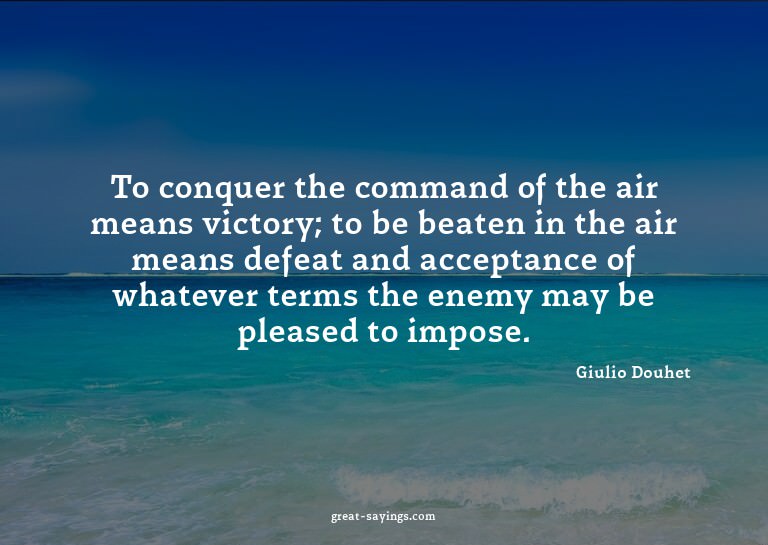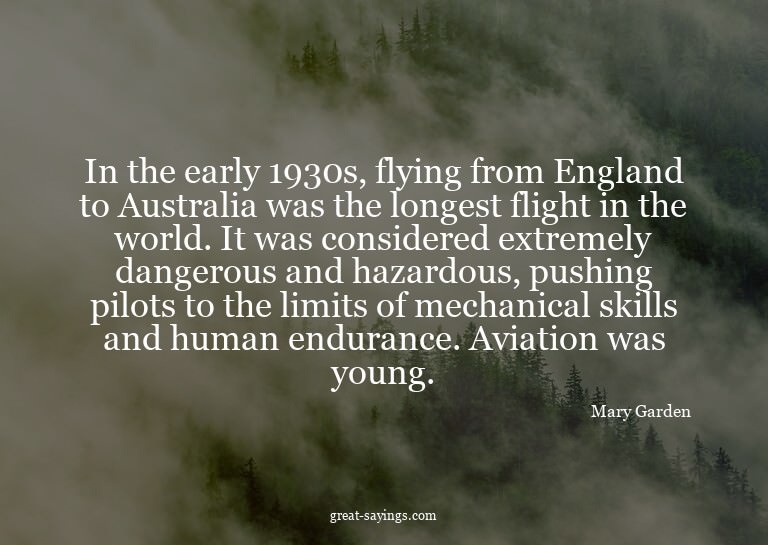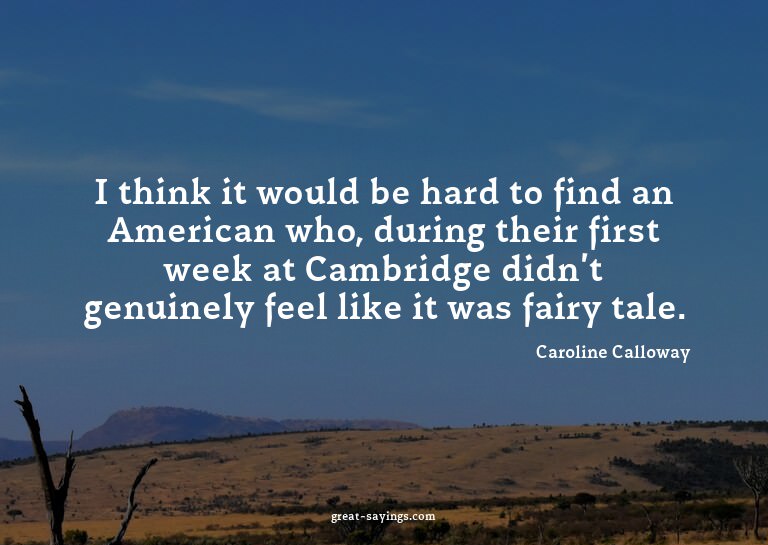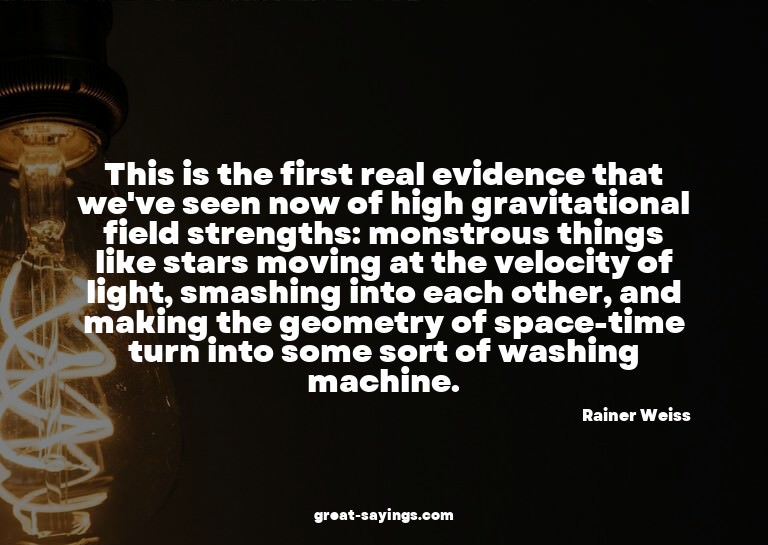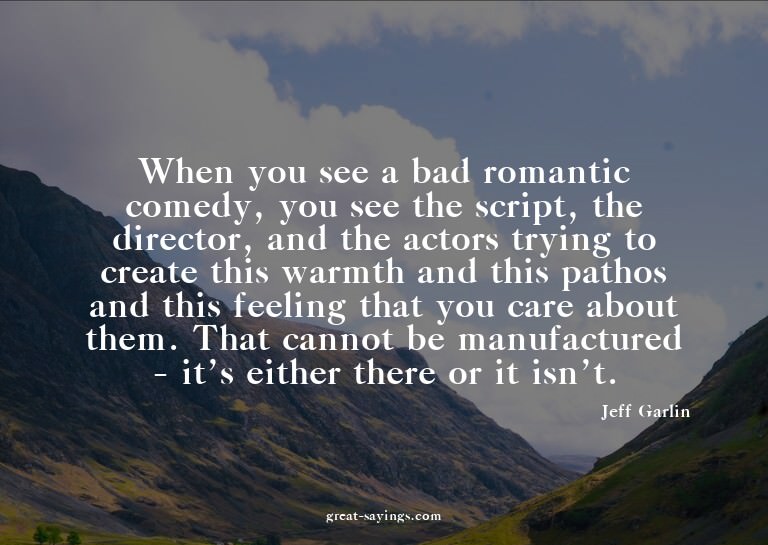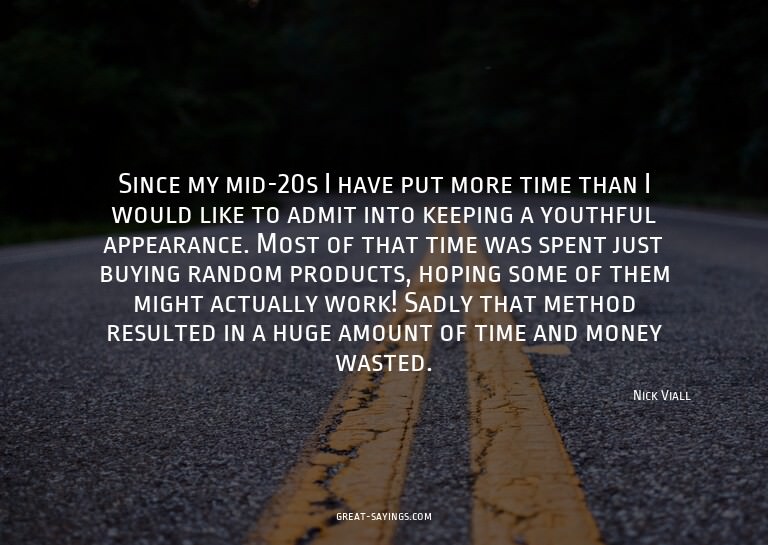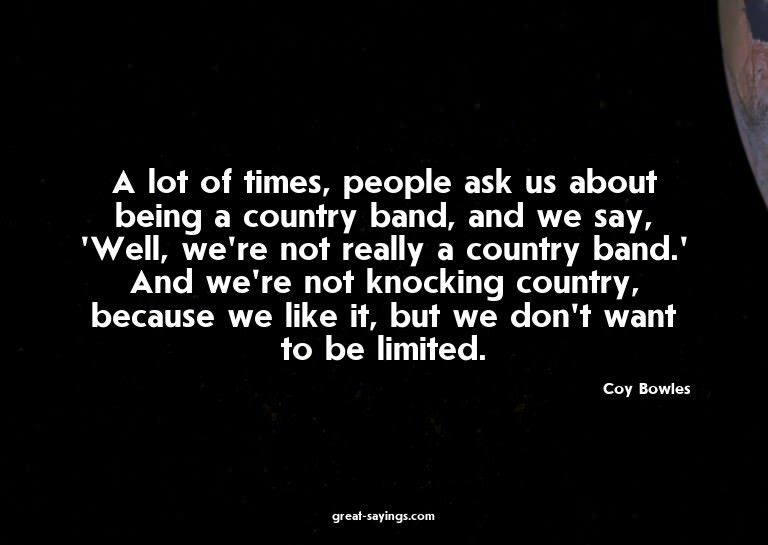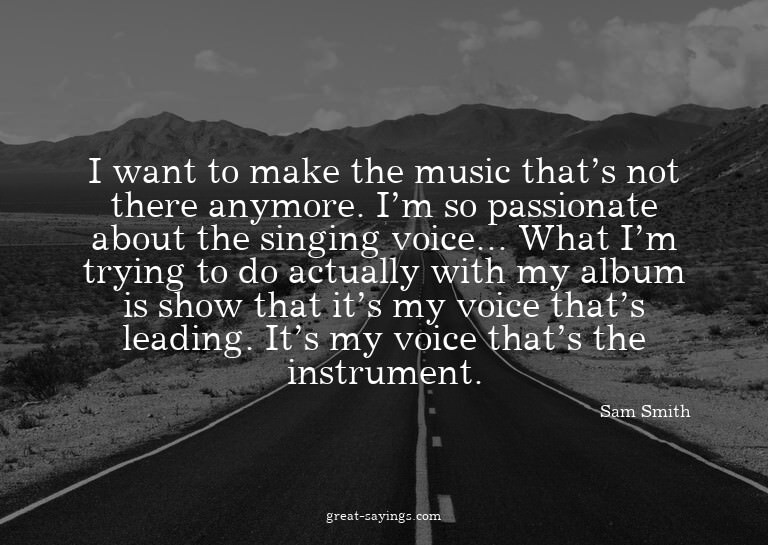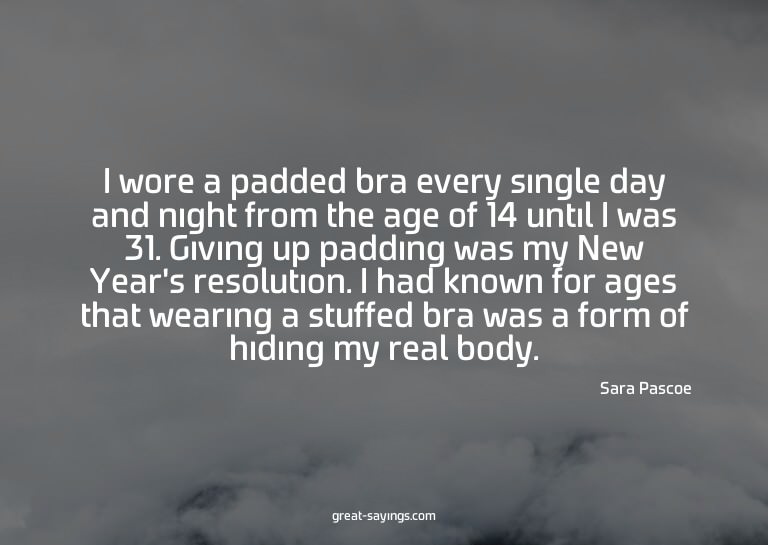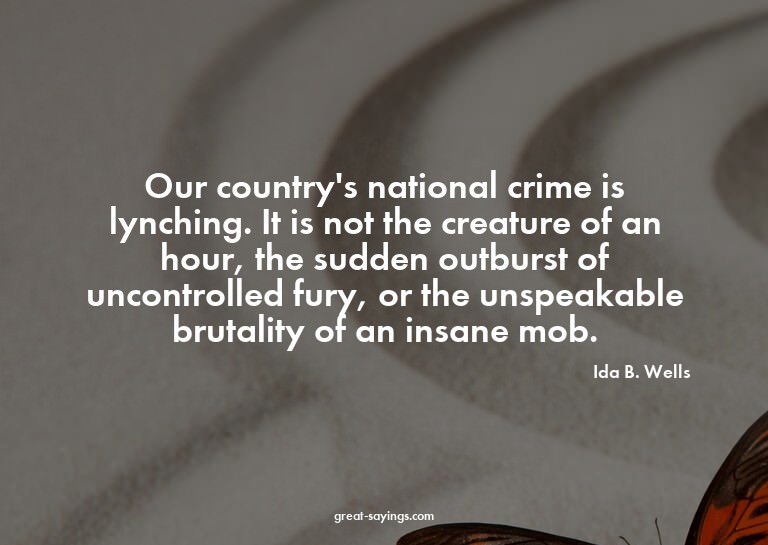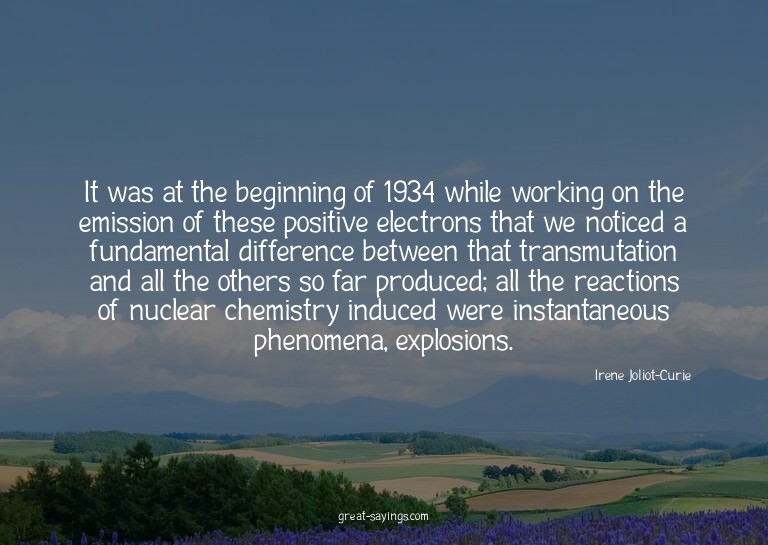Words matter. These are the best Novelist Quotes from famous people such as Sam Shepard, Stephen Graham Jones, Karl Ove Knausgard, E. L. Doctorow, Alice McDermott, and they’re great for sharing with your friends.

To sing a song is quite different than to write a poem. I’m not and never will be a novelist, but to write a novel is not the same thing as writing a play. There is a difference in form, but essentially what you’re after is the same thing.
The short story, it’s not a step on the way to becoming a novelist.
Form is, in a way, death. A novelist’s obligation is to break free from the form, even though he knows that this will also be seen as artificial and distanced from life.
The historian will tell you what happened. The novelist will tell you what it felt like.
I’m a novelist. I’m not a crusader, and I’m not an editorial writer. And I’m not writing fiction to convince anybody of anything.
I think a novelist must be more tender with living or ‘real’ people. The moral imperative of having been entrusted with their story looms before you every day, in every sentence.
You have to go out of your way as a suspense novelist to find situations where the protagonists are somewhat helpless and in real danger.
A good novelist pays attention to his characters. A good biographer pays attention to the documents before her. A good critic pays close attention to the thing she’s brought to evaluate.
A writer loses possession of her work as soon as it’s reaches its audience. Each reader brings his own experience and prejudice and imagination to the work. Television adaptation just goes one step further, and the novelist has to learn to let go.
I am worrying about my country. I feel I have a responsibility as a novelist to do something.
I get work because I’m primarily a novelist but I’ve become script doctor. I can work back and forth between French and English.
I think, as journalists, we sometimes are afraid to enter into the emotional lives and the complications of the lives of the people we write about – we don’t really have the space and the room to deal with those things. But as a novelist, that’s precisely what you’re writing about.
I hated being a novelist when I was 20 – I had nothing to write about.
I would love to see young writers come out of college and know there is a possibility to be a novelist.
I was directed because I knew I wanted to be a novelist, but I didn’t have a very good job or a way of getting published. I found those years to be among the most difficult of my life.
An urban novelist never minds a little decay.
I didn’t intend to be a novelist. I didn’t intend to be anything. I thought I’d be a journalist.
I assume that – because you can get degrees in journalism from very reputable universities – I assume that people can be trained to be journalists. I’ve never been entirely certain that anyone can be trained to be a novelist in the same way.
My first attraction to writing novels was the plot, that almost extinct animal. Those novels I read which made me want to be a novelist were long, always plotted, novels – not just Victorian novels, but also those of my New England ancestors: Herman Melville and Nathaniel Hawthorne.
Jane Austen was an extraordinary woman; to actually be able to survive as a novelist in those days – unmarried – was just unheard of.
So, how to stay inside the world of entertainment without actually getting another job? I felt the only logical answer was to become a novelist. So I wrote the first book – driven by some very real feelings of desperation – and it worked.
I’ve been a software engineer, a novelist, a journalist, and a manager – and managing developers is easily the trickiest thing I’ve ever done.
Literature has always been a part of my life. I studied history and literature in college. My mother is a novelist; I grew up around books.
My affinity, as a novelist, with Dickens has been overstated. I relish the way everything in his prose pulsates with life force, and I’m in debt to him every time I invest inanimate objects with uncanny animism. But his female characters annoy me.
I actually did work and produced two short dissertations, one on Faulkner and one on the film criticism of the stream-of-consciousness novelist Dorothy Richardson.
Nobody in France would ever say ‘He’s a Jewish novelist’ or ‘She’s a black novelist,’ even though people do write about those subjects. It would look absurd to a French person to go into a bookstore and see a ‘Gay Studies’ section.
I try to approach the film medium as a novelist and the novel medium as a filmmaker on some level. It’s that question: Do we think in pictures, or do we think in language? And the novelist believes one thing, and the filmmaker believes another thing – and I’m fascinated by that balance.
I guess, when I left university, I liked the idea of being a writer, and I thought then that being a writer really meant that you were a novelist. But if one of the impulses for being a novelist is wanting to be a storyteller, I never had any urge to tell stories.
Dostoevsky is such a bad writer it is hard to take him seriously as a novelist, though he is a wonderful philosopher.
Let’s put it this way: if you are a novelist, I think you start out with a 20 word idea, and you work at it and you wind up with a 200,000 word novel. We, picture-book people, or at least I, start out with 200,000 words and I reduce it to 20.
A novelist has a specific poetic license which also applies to his own life.

I started my career as a novelist. ‘Veronica Mars’ was first imagined as a novel.
A novelist who writes nothing for 10 years finds his reputation rising. Because I keep on producing books they say there must be something wrong with this fellow.
To become a novelist, the most crucial thing one must do is read, read and read again – gradually you begin to think like a writer. Ideas are not found – they are shaped.
The function of the novelist… is to comment upon life as he sees it.
I wouldn’t dream of commenting on Hilary Mantel as a novelist, frankly I’d be grateful if she stayed off my patch as a historian. She is intelligent, she is bright, she is an admirable writer. I happen to find her Tudor novels unreadable, but that’s because I am a Tudor historian.
In mid-20th-century America, it could be argued that the novelist still had the most claim of anyone to omniscience. Whatever he/she couldn’t prove, he/she could gesture at.
I don’t really consider myself a novelist, it just came out purely by accident.
The novelist’s obsession, moment by moment, is with language: finding the right next word.
There are autobiographical elements to the albums, and when I write, I always reference my own life as well as other things, so I’m just like any novelist or any fiction writer who tells stories.
For years, I felt I was a novelist, but now I know I can write short fiction.
Novel-writing is, for the novelist, a game of let’s pretend.
I know that books I have written will still resonate in 50 years – particularly ‘My Sister’s Keeper.’ It has sold three million copies in the States alone. I strongly feel that, as a novelist, you have a platform and the ability to change people’s minds.
I’m a competent novelist. I’m getting better. But I’m a really good short story writer.
Dostoevski does not tell you what to think about his legend, but he requires that you think about it. The novelist was a deeply religious man and he always thought many readers missed that point about him.
I don’t mind when people are telling me about their 1971 Firebird, but it’s the same thing as people telling me about their car or something. It’s fine if you have an interest. By talking with me, though, you could be interviewing a novelist about guitars. It’s the same thing, except I don’t write that well either.
When I started out as a novelist, I thought I was going to be a private-eye writer. That was my intent, and that’s what I studied, I mean, scholarly.
My father was a screenwriter, but he was also a novelist.
As an historical novelist – there are few jobs more retrospective. I dumped science at an early age.
When I was 30 or so – by that time I had become an assistant D.A. – I decided I would try to write a novel. To be clear: I did not decide to become a novelist. Honestly, it never crossed my mind that I could actually earn a living as a professional novelist.
I know that it’s axiomatic in the film industry that you’re not supposed to let the novelist develop their own story. Well, first of all, that’s kind of up to the novelist – because they don’t have to sell it. But also, I don’t believe it. It’s about trust.
I think you can learn a lot from primary sources. ‘The Penguin Book of Witches,’ which is edited by novelist Katherine Howe, is a wonderful compilation of primary sources about witchcraft.
I was one of those kids who never wanted to be anything but a novelist. And I don’t know a lot of people who truly live the life that they dreamed of.
My own interest in Kafka’s letter came about when I was writing an article on Peter Ginz, the boy novelist held in Terezin, not far from Prague, and exterminated in Auschwitz by the Nazis. The Ginz family were from more or less the same milieu as the Kafkas.
I’m not an especially male novelist, but I think men are better at writing about men, and the same is true for women. Reading Saul Bellow is a revelation, but he can’t write women. There are exceptions, like Marilynne Robinson’s ‘Gilead,’ but generally, I think it’s true.


